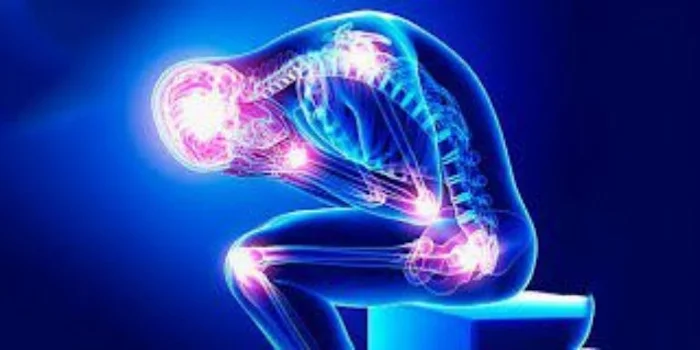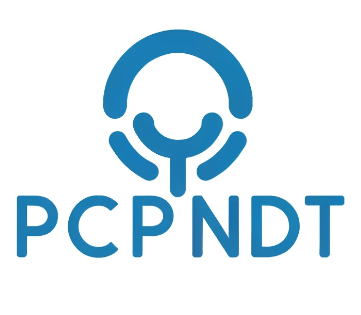Chronic pain is long-term pain in any part of your body that persists beyond the normal recovery period or occurs with a chronic health condition such as arthritis. Chronic pain can be so severe that people cannot work properly, eat properly, or participate in physical activity.

Note: Chronic pain can be “on” and “off” or it can be constant.
Chronic Pain Causes
It is lasts for weeks, months, or years. It can be caused by a variety of conditions and factors.
| Cause | Description |
|---|---|
| Arthritis | Inflammation of joints causing pain, swelling, and stiffness. |
| Back Problems | Includes conditions like herniated discs, spinal stenosis, and degenerative disc disease. |
| Neuropathic Pain | Resulting from nerve damage or dysfunction, often described as burning, tingling, or shooting pain. |
| Fibromyalgia | Widespread musculoskeletal pain accompanied by fatigue, sleep, memory, and mood issues. |
| Headaches | Chronic migraines or tension headaches can cause persistent pain. |
| Cancer | Pain can result from tumors pressing on bones, nerves, or other organs, or as a side effect of treatment. |
| Injuries | Pain persisting after an injury has healed, including conditions like complex regional pain syndrome (CRPS). |
| Inflammatory Bowel Disease (IBD) | Chronic inflammation of the digestive tract, including Crohn’s disease and ulcerative colitis. |
| Endometriosis | Pain caused by the presence of endometrial tissue outside the uterus. |
| Multiple Sclerosis (MS) | Pain caused by nerve damage due to the immune system attacking the nervous system. |
| Temporomandibular Joint (TMJ) Disorders | Pain in the jaw joint and muscles controlling jaw movement. |
| Post-surgical Pain | Pain that persists after surgical procedures, sometimes linked to nerve damage. |
| Peripheral Artery Disease (PAD) | Reduced blood flow to limbs causing pain, particularly in the legs. |
| Osteoporosis | Weakening of bones, leading to fractures and associated chronic pain. |
| Interstitial Cystitis | Chronic bladder pain and pelvic pain. |
Chronic Pain Symptoms
Common symptoms of chronic pain include mild to severe pain that does not go away after an illness or injury. It can be stabbing, burning, aching, stiff, numb, or electric-like. Here are some of the most common symptoms of chronic pain:
Pain itself
- Aching or soreness
- Burning or stinging
- Throbbing or pulsing pain
- Stiffness or tightness
Note: These can range from mild to severe and may be constant or come and go in flares.
Other Physical Symptoms
- Fatigue or tiredness
- Weakness
- Reduced mobility or flexibility
- Sleep problems, like insomnia or trouble staying asleep
- Changes in appetite
- Muscle tension or spasms
- Headaches
Emotional and Mental Symptoms:
- Anxiety
- Depression
- Irritability or mood swings
- Difficulty concentrating
- Loss of interest in activities you used to enjoy
- Social isolation
- Feelings of helplessness or hopelessness
Chronic Pain Treatment
Many options can help manage pain and improve quality of life.
Medication: Many medications can be used to treat chronic pain, including over-the-counter pain relievers, prescription pain medication, antidepressants, and anticonvulsants.
Physical therapy: Physical therapy can help improve strength, flexibility, and range of motion. It can also help reduce pain and improve function.
Cognitive behavioral therapy (CBT): CBT is a type of therapy that can help people change their thoughts and behaviors about pain. It can help reduce the impact of pain on their lives.
Mind-body therapy: Mind-body therapy, such as relaxation techniques, meditation, and yoga, can help reduce stress and improve pain management.
Acupuncture: Acupuncture is a traditional Chinese medicine technique that involves inserting thin needles into specific points on the body. It has been proven effective for some types of pain.
Massage therapy: Massage therapy can help relax muscles and improve circulation. It may also help reduce pain and improve sleep.
Surgery: In some cases, surgery may be needed to treat the underlying cause of pain.
Some additional tips for managing chronic pain:
Stay active: Exercise can help improve pain and functionality. It’s important to find activities that you enjoy and that you can do comfortably.
Get enough sleep: When you’re well-rested, you’re better able to cope with pain.
Eat a healthy diet: Eating a healthy diet can help improve your overall health and well-being. It may also help reduce pain.
Join a support group: Talking to other people who understand what you’re going through can be helpful.
